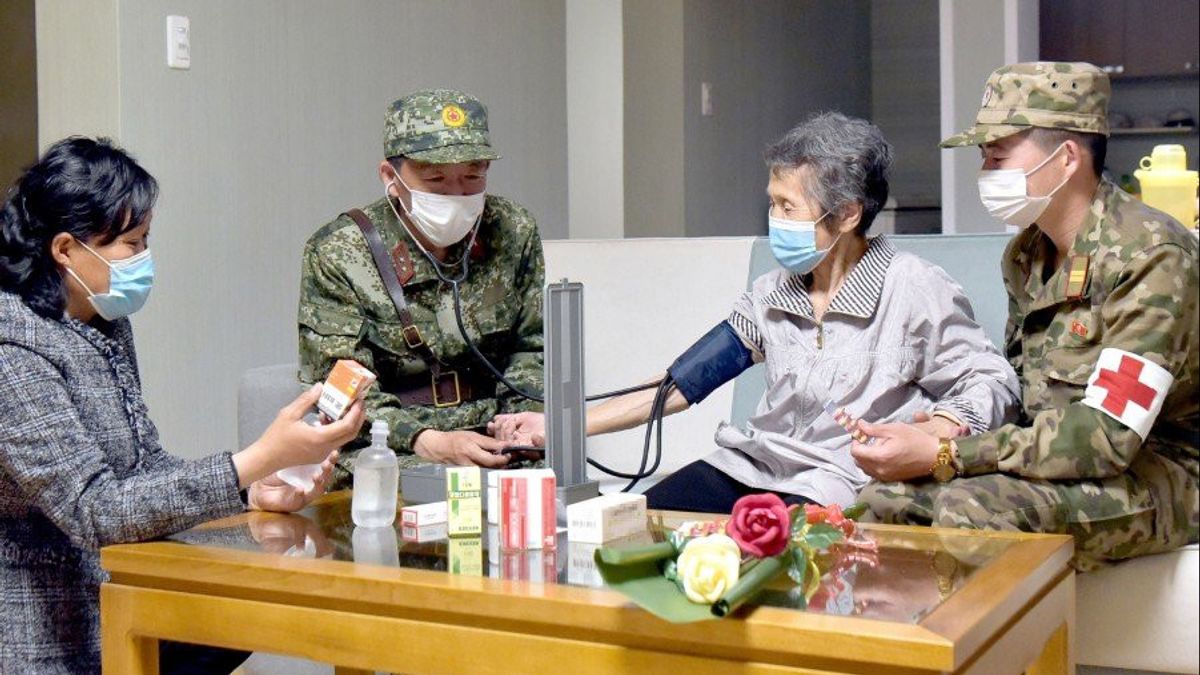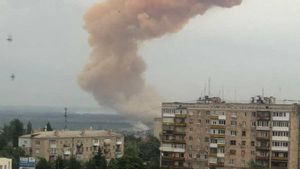JAKARTA - Not yet over with handling the COVID-19 wave, North Korea reported an outbreak of an unidentified intestinal epidemic on Thursday, potentially adding to the strain on its health system.
North Korean leader Kim Jong-un sent medicine to the western port city of Haeju on Wednesday, to help patients suffering from an "acute enteric epidemic" as soon as possible, according to North Korean state media KCNA.
The report did not say the number of people affected, or explain what the disease was. However, enteric refers to the digestive tract.
"(Kim) stressed the need to contain the epidemic as early as possible by taking good measures, to quarantine suspected cases in order to completely curb their spread, confirm cases through epidemiological checks and scientific tests," KCNA said.
The reported outbreak occurred as North Korea dealt with its first outbreak of COVID-19 infection. North Korea previously declared a state of emergency last month, amid concerns about a lack of vaccines and medical supplies.
Separately, North Korea reported 26.010 more people with fever symptoms on Thursday, with the total number of fever patients recorded across the country since late April approaching 4.56 million. The death toll from this outbreak reached 73 people.
SEE ALSO:
Pyongyang daily announces the number of fever patients, not COVID-19 patients, who appear to be short on test kits. Meanwhile, experts also suspect that figures released through state-controlled media are underreported.
While North Korea said the COVID-19 wave had shown signs of abating, the World Health Organization (WHO) cast doubt on Pyongyang's claims earlier this month, saying they believed the situation was getting worse.
The English, Chinese, Japanese, Arabic, and French versions are automatically generated by the AI. So there may still be inaccuracies in translating, please always see Indonesian as our main language. (system supported by DigitalSiber.id)


















